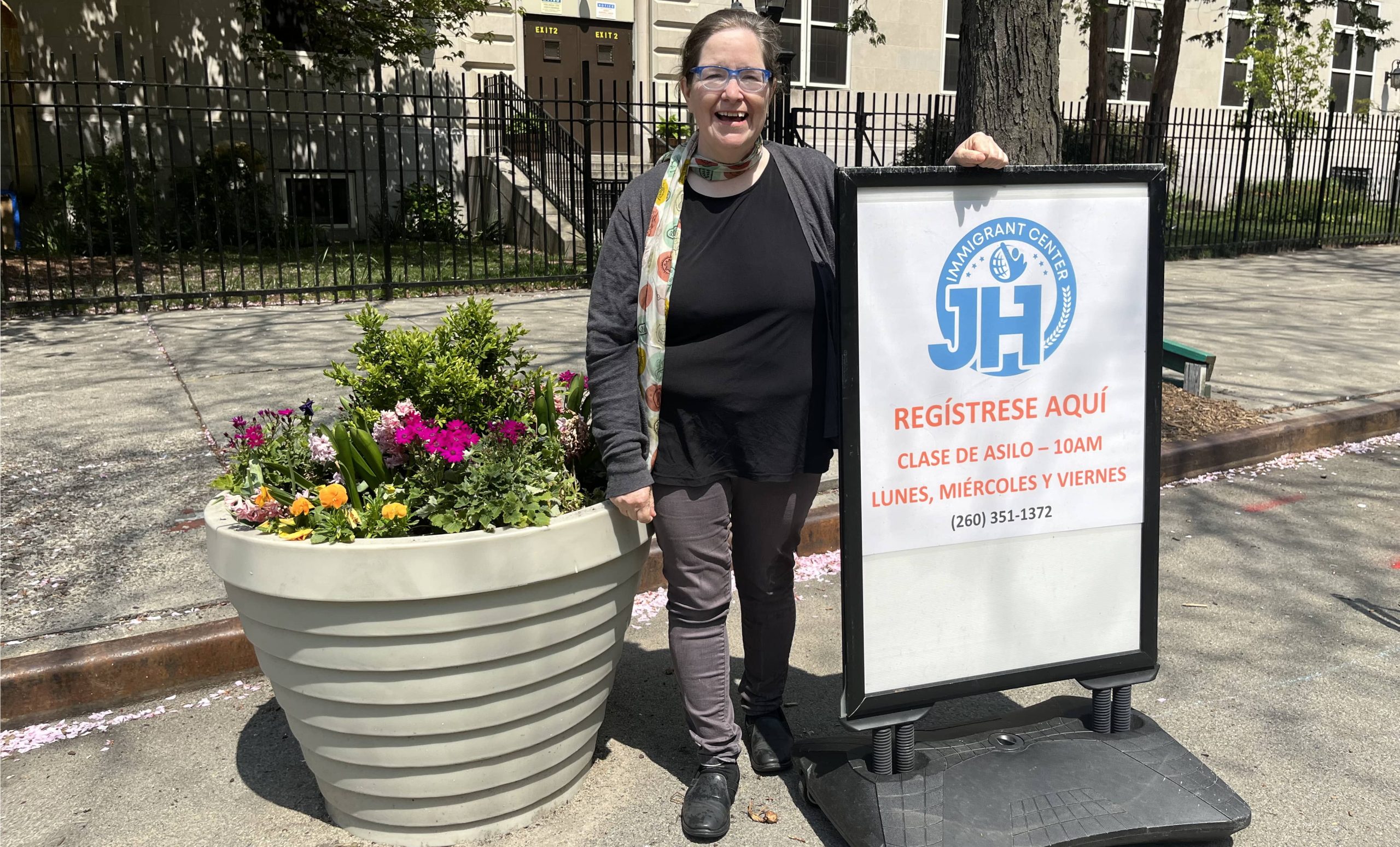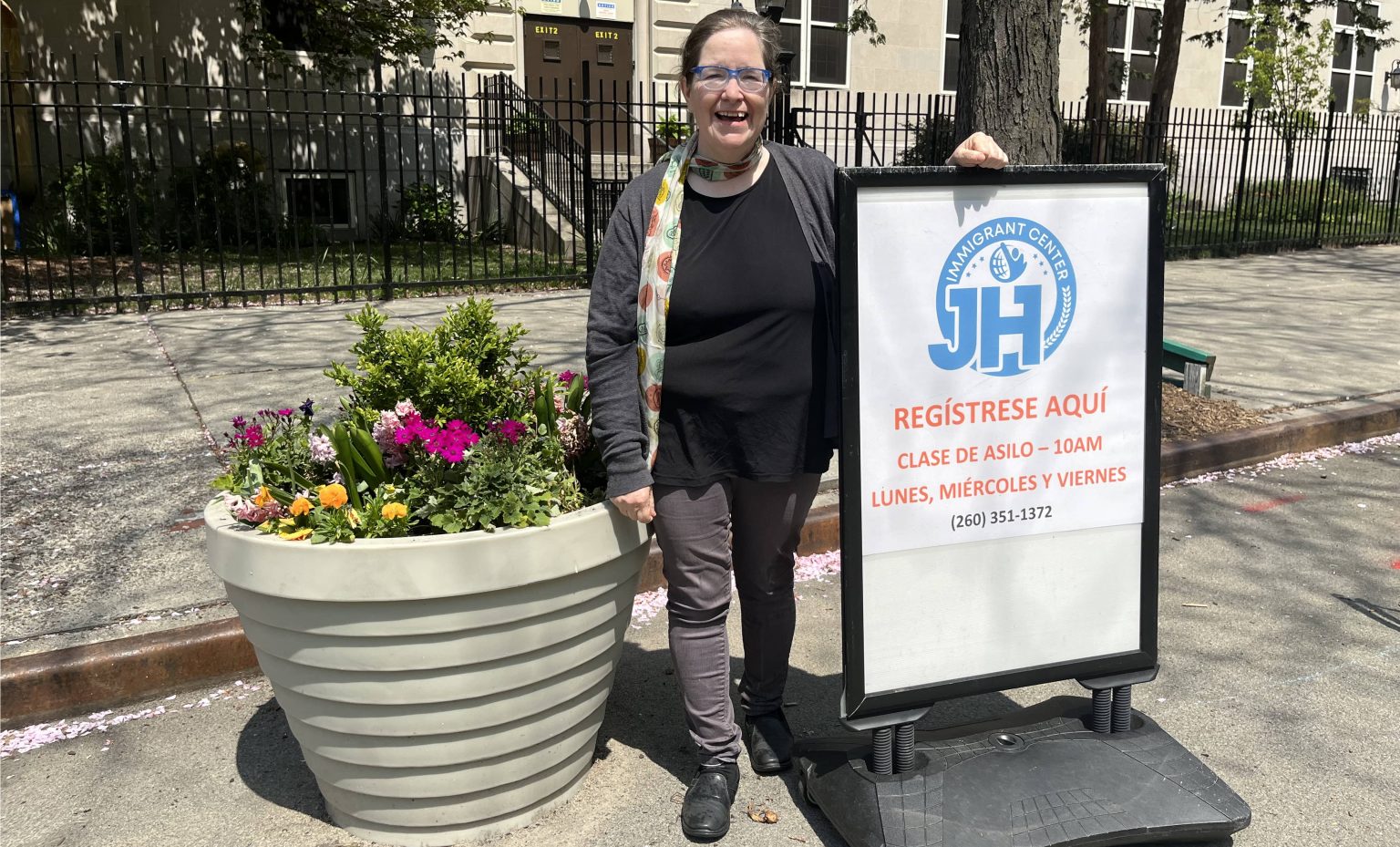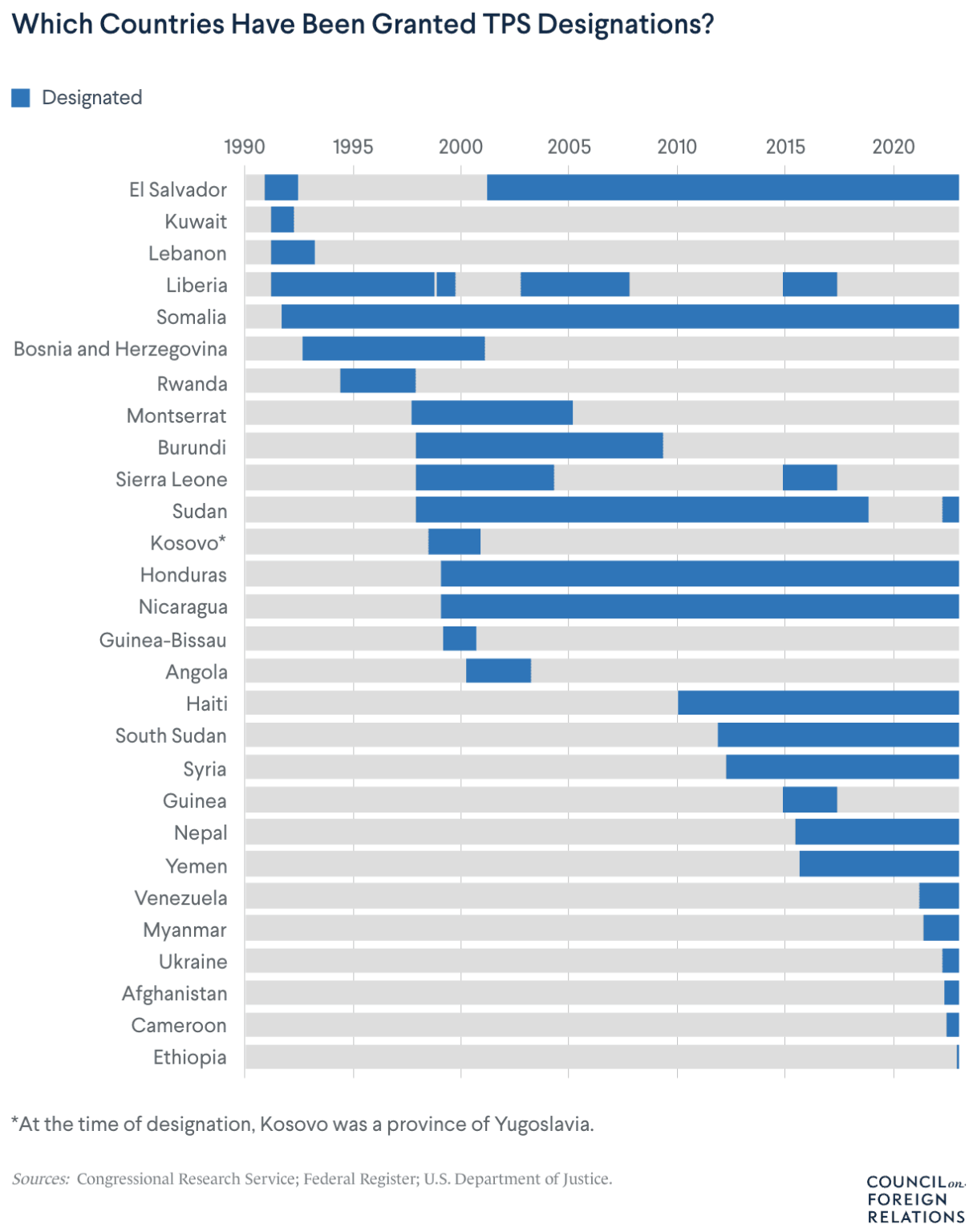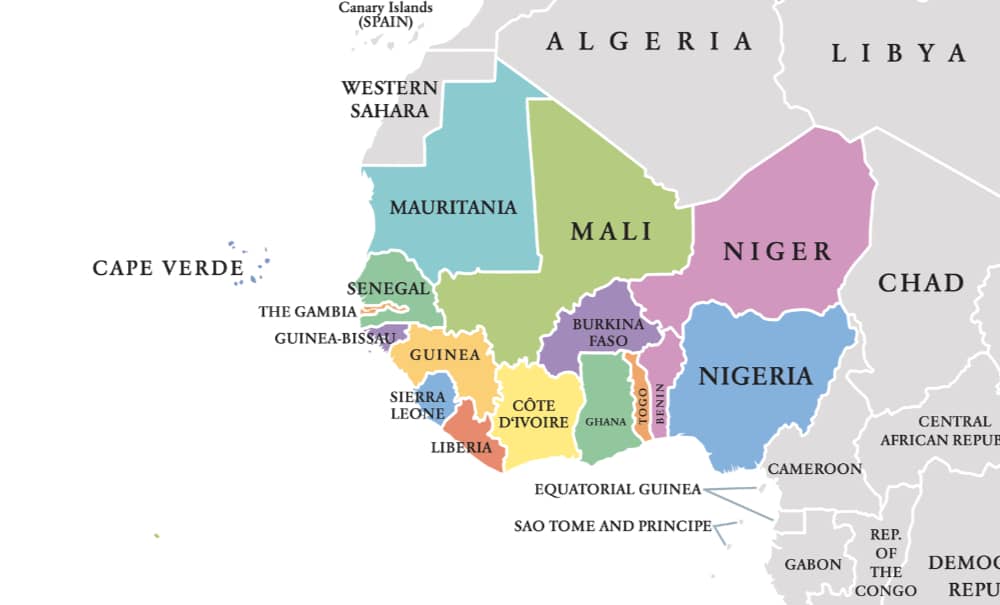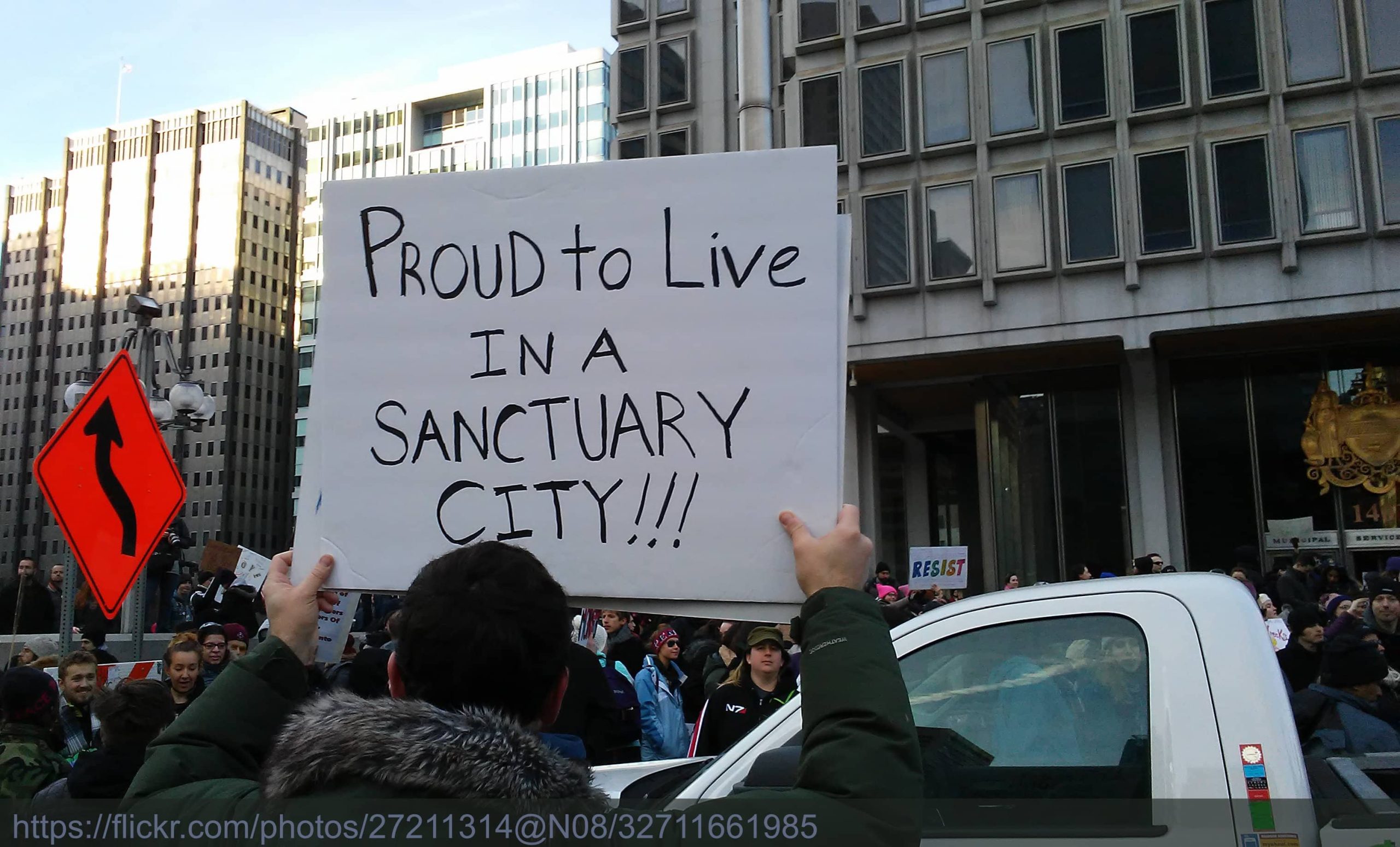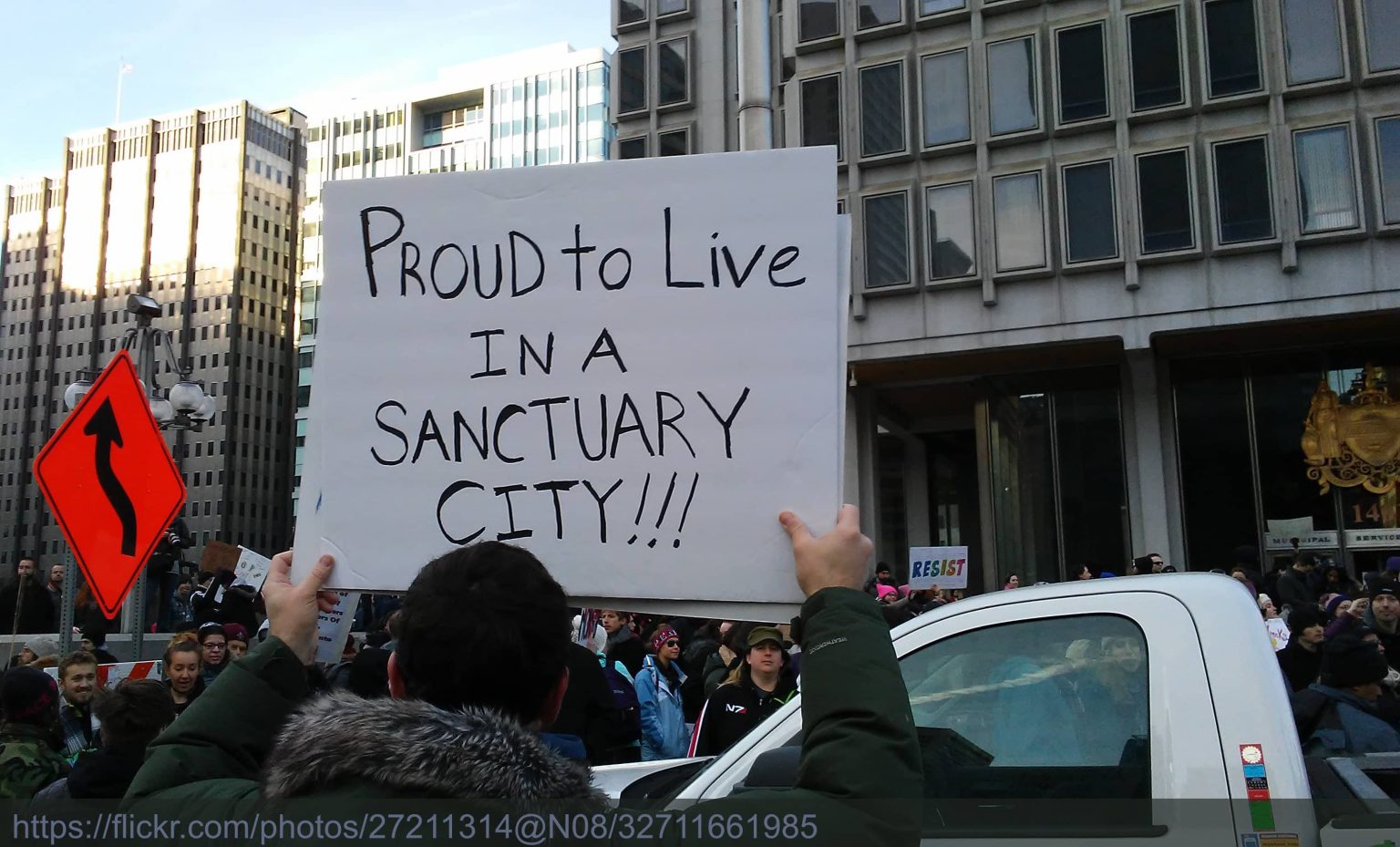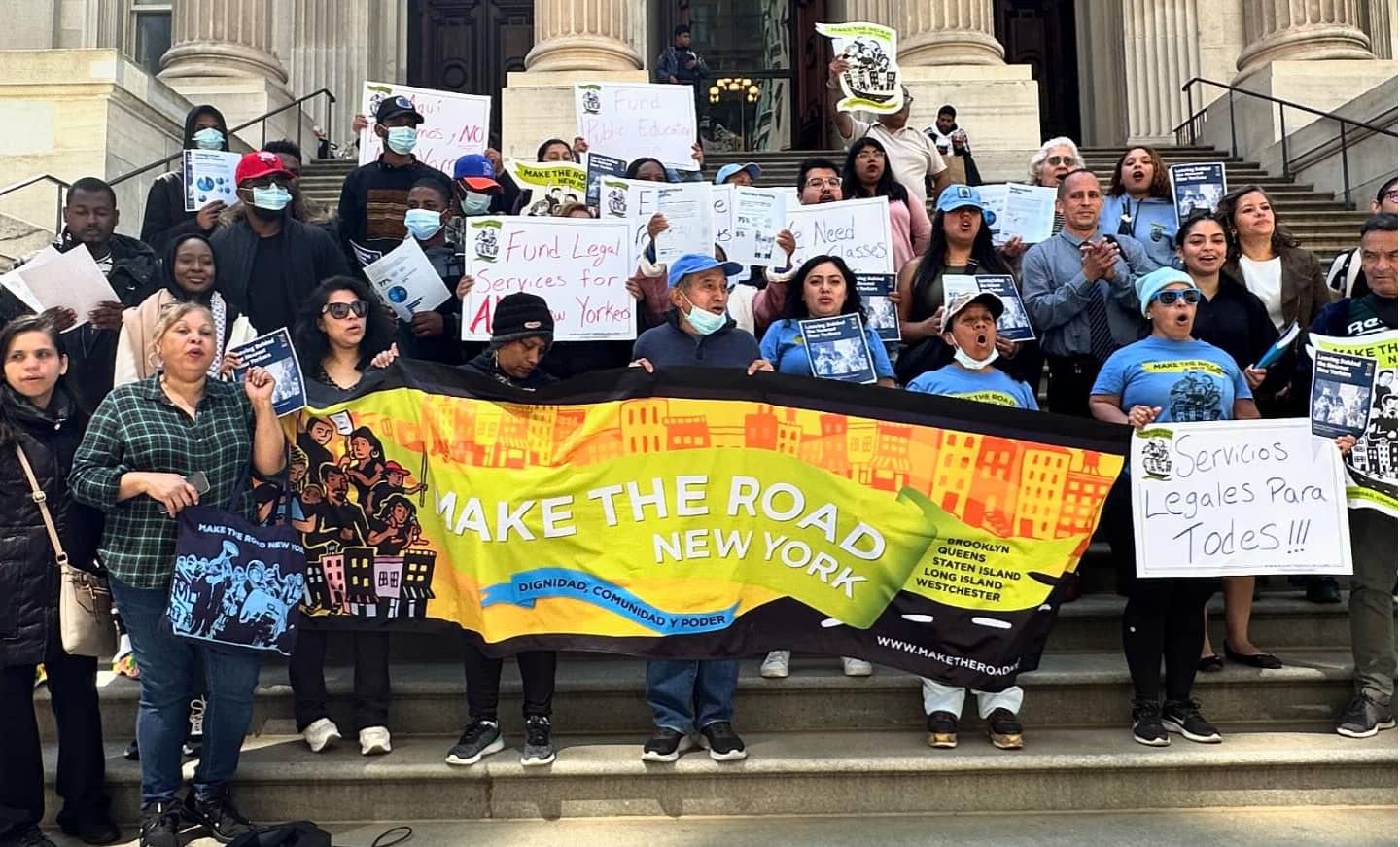
Dear friends,
This week’s newsletter highlights the locally-active, immigrant-led group Make the Road NY as they release their vision for New York City—in budget numbers and policy priorities. We then offer a broad review of recent national surveys on immigration, situating them within a longer US history of fear-mongering and false perceptions. With our readers, and in the lush promise of late spring, we continue to ask what immigrant justice can mean, and how we can realize it together.
Newsletter highlights:
- MRNY’s people-centered NYC budget
- US ‘public opinion’ on immigration
1. Make the Road New York’s Budget Vision for NYC
“Our communities need bold action to reverse inequities and expand opportunities for all New Yorkers. However, essential programs and services are now under attack from a mayor determined to scapegoat our new neighbors and fear-monger in an attempt to justify draconian cuts.” –Make the Road New York, 2024 NYC Budget and Policy Platform
As the largest community-based membership organization in New York State devoted to building power in immigrant and working-class communities of color, Make the Road New York (MRNY) is a formidable advocate. With headquarters in Brooklyn, Staten Island, and on Roosevelt Ave here in Jackson Heights, MRNY has an ambitious local and state political reach. Their recent annual budget and policy platform for New York City offers a window into what they consider the most urgent issues facing mostly working-class immigrant neighborhoods like ours.
Budgets are not just financial instruments, they are future action plans that reveal the values and priorities of their creators. MRNY’s budget platform for 2024 presents a people-centered alternative to the action plans (or budget commitments) of Mayor Adams’s administration. MRNY launched their 2024 vision for the city with a collective action in front of City Hall on April 24. Here are some highlights:
Education: Reverse prior cuts and restore funding to public education and youth programs now on the chopping block as $1 billion in federal funds expires and millions in city cuts are proposed. Restore over $3 million in expiring federal stimulus funds for Student Success Centers (SSCs) that support first-generation, immigrant, and working-class students of color pursuing college and career plans. Invest between $29.7 million to $43.2 million for Adult Literacy programs for the over 2 million adults in NYC with limited English proficiency or without a high school diploma.
Housing: As record numbers of New Yorkers experience homelessness, and shelters struggle to address needs, increase the CityFHEPS voucher program that helps folks move from shelters to apartments. Expand CityFHEPS eligibility to more households, including undocumented households.
Immigration protections: Increase funding by $150 million for immigration legal services that can assist NYC’s newest migrants while maintaining support for thousands of current clients. Refuse Mayor Adams’s proposed cuts to the Rapid Response Legal Collaborative; instead, guarantee at least $1 million in funding so that the RRLC continues to serve people who are detained and on the brink of being deported, or have orders of removal and are at risk of ICE detention.
Policing: Shift priorities from astronomical increases in the NYPD budget to robust funding of programs that create real community safety. Redirect resources to non-police mental health responses and anti-violence programs. Reduce NYPD’s communications and press budget by 50% to decrease their capacity for misinformation campaigns after they kill New Yorkers and in other cases of police violence. Establish police-free public schools and redirect the $400 million spent on NYPD’s School Policing Division to the direct support of youth learning and growth.
Health Care: Expand funding to at least $100 million annually for NYC Care program that offers low- or no-cost services for New Yorkers who do not qualify for or cannot afford health insurance. Aggressively address healthcare disparities through increased funding for the Access Health Initiative, and maintaining funding for the Immigrant Health Initiative which inform immigrant families of their rights and available health resources.
WHAT CAN WE DO?
- Check out MRNY’s full report: Dignity, Community, and Power: 2024 New York City Budget and Policy Platform.
- Take Action or join an event with MRNY.
2. Immigration Myths, Realities, and Perceptions
For a nation that was established, and grew, through migrations both forced and self-motivated, the United States has a long history of casting new immigrants as a source of concern or threat. The Axios News website recently showed the continuation of this trend when it released the results of the Vibes survey conducted with The Harris Poll. Various news sources chose to focus on the 51% of responses supporting mass deportation (including 42% of Democrats) and the 46% of Republicans responding who would end the 14th Amendment’s Birthright Citizenship.
The Vibes survey also revealed that over 62% of respondents believed immigrants today have a “worse character” than those who came 50 years ago. Historian María Cristina Garcia provided Axios a reality check that 50 years ago Americans held the same opinion as today’s respondents. Not only do people today have misconceptions about immigrants seeking welfare benefits and committing crimes, Garcia says they have a romantic and unrealistic attitude about perceptions of immigrants of the past.
This negative perception is not driven by the number of immigrants in the US. When we compare the data, in 50-year periods, from the Migration Policy Institute and USA Facts we see that, by percentage, current immigrant numbers show a return to previous periods in US history. In 1870 about 15% of the population were immigrants. By 1920 the immigrant population almost tripled, but the percentage decreased to 13% of the whole population. Fifty years later less than 5% of the 1970 total population were identified as immigrants. From 1970 to 2020, the number of immigrants in the US increased from 10 to 45 million people which, at 13.5% of the population, matches with those earlier periods in US history. The lower percentage of immigrants from 1920 to 1970 can be seen as an anomaly in US history.
Another difference in the 50 years after 1920 was that immigration management was transferred from the Department of Labor to the Department of Justice (in 1940) when the deportation of undesirable aliens was made its main function. When the labor contributions of immigrants are highlighted, a more positive story emerges. Indeed NYC Comptroller Brad Lander issued a report in January of this year busting various myths about immigration and pointing out how immigrants benefit our economy; an opinion supported by recent economics research at Boston University. These claims are also backed by findings from the Center for American Progress which, in 2021, published four scenarios showing how citizenship for undocumented immigrants would boost US economic growth.
In contrast to the negative perspectives expressed in the Axios report, a recent Gallup poll found that two-thirds of respondents consider immigration to be a “good thing.” Despite a 9% drop from 2020 in those who value immigration (from 77% to 68% in 2023), this positive opinion is significantly higher than the 27% who think immigration is a “bad thing.” Perhaps if we moved immigration management back to the Labor Department and provided more pathways to legal immigration, the US could move forward with progressive legislative changes to the immigration system, instead of promoting an unfounded fear of new immigrants.
In solidarity and with collective care,
Jackson Heights Immigrant Solidarity Network (JHISN)
Follow @JHSolidarity on Facebook and Twitter and share this newsletter with friends, families, neighbors, networks, and colleagues so they can subscribe and receive news from JHISN.
